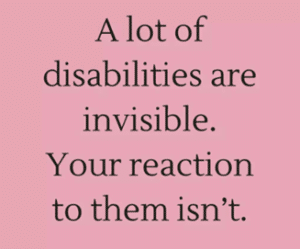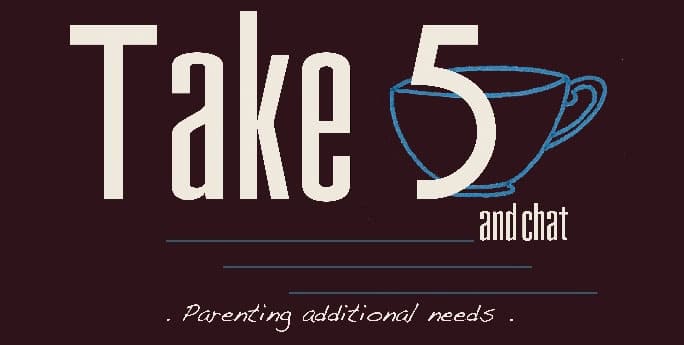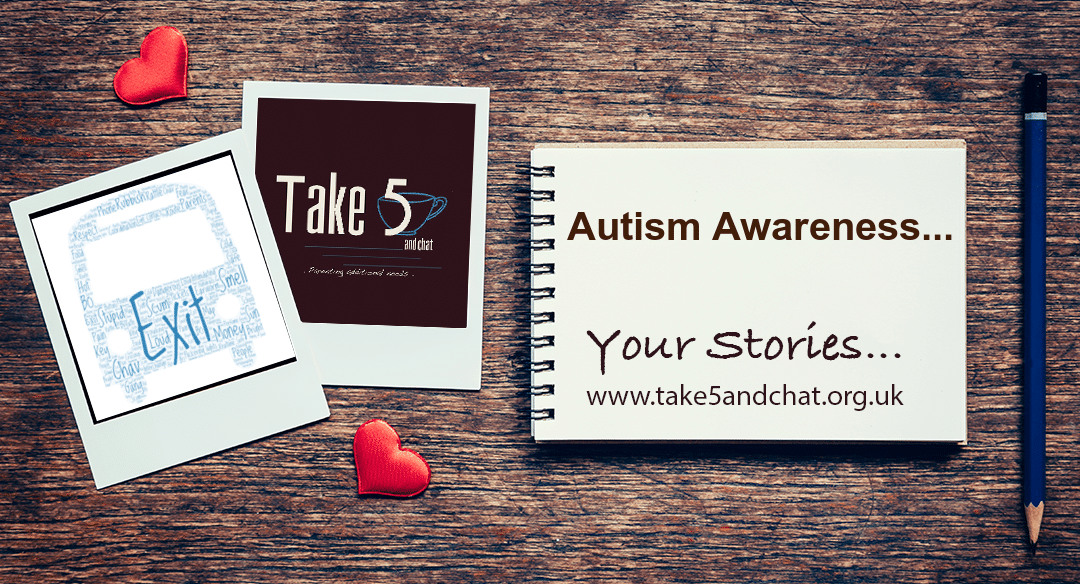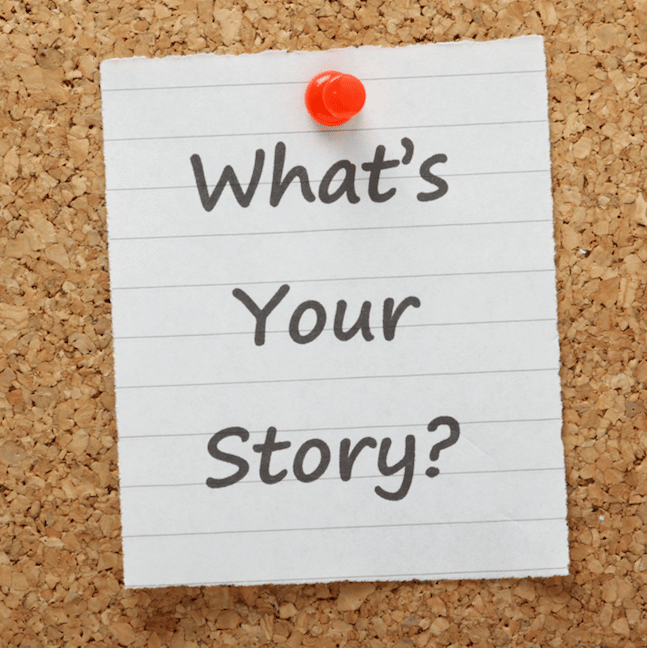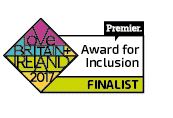Ruth has shared with us an article written for Autism Awareness week 2023. We are grateful to her for allowing us to publish here. Not our usual blog-style post, but so valuable.
Autism Acceptance Week I endeavour to challenge non-inclusive behaviours and misguided or misunderstood views and to overcome barriers. I don’t fully understand what it feels like to be discriminated against, nor all the difficulties faced, but I can share my knowledge and understanding because kindness and compassion are free. Written by me, from an allyship through observation and experiences in a newly diagnosed autistic family.
The social model of disability is that people are limited by the barriers in the environment including other people’s attitudes. Hidden disability is not seen and therefore can be more challenging to address. The most important lesson I have learnt is not to assume or judge anyone.
Outlining some of the headline statistics for context, 14.6 million people in the UK had a disability 1, 22% of the total population. The prevalence of disability rises with age from 9% of children, compared to 21% of working age adults and 42% of adults over State Pension age. Most people aged 80 and over reported a disability (59%).
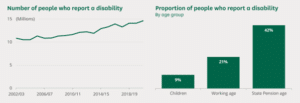
With better diagnosis and life expectancy, disability is more and more prevalent. We all have a responsibility to look after each other, its more than likely to affect you at some point in your life, than not.
There are embedded inequalities and reduced outcomes for disabled people and these are born out in the following and somewhat depressing findings; people with disabilities are,
- More likely to have no qualifications (and therefore less likely to have a degree)
- Less likely to be employed
- Less likely to own their own homes and more likely to social rent
- More likely to be a victim of crime
- Report lower rates of happiness and higher rates of anxiety
- Would report feelings of lonely regularly
Unfortunately, these statistics were not unsurprising but definitely depressing when thinking about the prospects for my stepchildren compared with my neurotypical children. I was further disheartened by the fact that disabled people with severe or specific learning difficulties (26.2%), autism (29.0%), and mental illness or other nervous disorders (30.1%) had employment rates that were lower than disabled people with other impairment types.
I have naively assumed access to education, employment, and society without any significant issues. However, this is not the case for all, and I am now acutely aware how challenging this is. Day to day activities which I take for granted are like mountains to climb and marathons to run before leaving the house for some. A more literal explanation being that life can be gruelling, debilitating, and can feel impossible.
Removing invisible barriers is complex and cannot be resolved by simply asking people to disclose their differences, as this relies on them being forthcoming about their disability. We should all understand that, as humans, we are limited only by barriers in the environment and the attitude of society. This is particularly true for those where barriers are greater. People with disabilities should not be defined by a medical definition. They are an individual that cannot access the world equitably.
I am sharing my experiences as a neurotypical person but with three autistic children who are all individuals, in order to explain some universal barriers. These may reflect experiences of others with similar characteristics such as people with mental health conditions, dementia, and age-related and non-visible impairments.
Removal of barriers can significantly improve a situation for a person with a disability, whilst also improving it for society too. Take level access and an automatic door, this makes it easier for a person who uses a wheelchair but also for everyone else. Adaptations need to happen within the existing physical and social environment but there needs to be momentous change in attitude to consider, and account for, hidden disabilities and cognitive impairments.
We tend to subconsciously categorise people, based on what we see or what we think we know, and then assign expected traits to the people in these groups. This is unconscious bias. We all have unconscious biases – because we are human and not because we are bad people.
What do you see and think?
Some of the following are examples of terms being used by members of the public on our transport system towards my family. I’m not stating that this is the case in all instances, but there can be an alternative perspective, as you can see beside each term…
| Chav | I like these clothes as I can hide and fit in with other kids.
If I look like I shouldn’t be messed with, people will leave me alone |
| Stupid | My processing speed is much slower. I’m actually more intelligent than most but the environment means I have more input to deal with than you |
| Scum | I’m not the one being judgy |
| Dangerous | I’m scared, I’m on high alert and ready to fight or run |
| No respect | I haven’t learnt all the social rules, nuisances, and social norms. I need help not criticism – I struggle enough and put way more effort into every activity than the average person |
| Rubbish parents | You have no idea. They must work twice as hard due to the failings in society to be inclusive toward me, I also need much more help than ‘compliant’ children. As a family we have greater challenges and work hard to overcome these. As my Grandma always said – ‘if you can’t be nice, don’t say anything’ |
| Intimidating | I’m not, you are! I don’t know what you’re thinking or are about to do |
| Loud | I don’t realise, I know its double standards, but I hate loud things. I can’t regulate things in the same way as you. |
| Gang | These are my support, I can’t manage without them |
For those who are neurodiverse, consciously trying to work out the social norms is exhausting. The sheer volume of choices faced every day overwhelm, this is cumulative with constant and repetitive review of every decision and interaction. This stems from the very human fact that they try to understand why people treat them in the way they do. Neurodiversity means that social interactions are difficult, not intuitive, or ‘normal’ they are exceedingly difficult. People are different, imagine trying to learn the details of EVERY person you interact with in a day, that is what the kids are doing, and this is consciously, that is exhausting.
Slights on a daily, even hourly basis, and the negative effects of subtle discrimination may build and accumulate at a rapid pace. “I hate someone staring at me, its threatening, they are waiting for something and I don’t know what. Their face is sad, no its angry, I don’t have the words for the emotions, I don’t know what that persons thinking but I feel they don’t like me. Are they going to do or say something, I’m on high alert, my adrenaline pumps and its fight, flight, or freeze.” Anxiety can be compounded by poor experiences, they can’t be brushed off or forgotten, they are like cuts on top of scars.
On the neurotypical rat race we churn out our days and tasks without conscious thoughts. We can pay for therapy to be more mindful and, conscious of our environment. Autism can provide it for free but the overload can lead to shut down and meltdown.
To go somewhere, let’s take public transport that will be nice! – erm no, it’s not, it’s a nightmare, with thousands of inputs and for some, its torture. I was going to try an explain all the inputs during a journey however every brain is different, I can only imagine through the following words, reading and rereading whilst playing the sound of cutlery scraping on a plate or another stomach-churning noise.
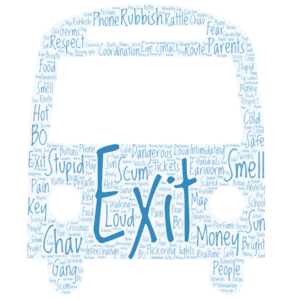
unlock the vast potential of people with disabilities. And if that is not enough to motivate change, how about the legal obligation.
I bet you can’t manage 1 minute doing that! Some people are doing that every time they take a journey for the entire time. Oh and they must do it again to get home!
A poor experience severely outweighs any other positive experiences. When the environment is challenging and/or debilitating, the last thing a person needs is for something to go wrong. Reduced self-confidence and, confidence in others, are especially detrimental in a space assumed to be safe with people who are supposed to keep you safe. Removal from or avoidance of the situation can be a solution, but this leads to isolation, impacting an individuals physical and mental health as they withdraw from social interaction and community. The consequences are far reaching limiting opportunities for vast sections of society as reflected in the health and employment outcomes mentioned above.
So next time you have an interaction with someone remember that their starting point could be …
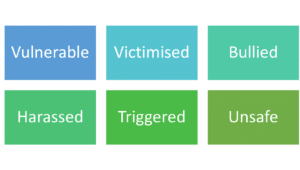
We have a moral duty to remove the barriers to participation, and to invest sufficient funding and expertise to
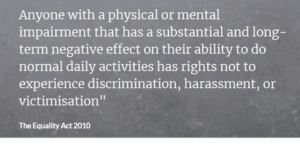
I am a Transport Consultant by day but also a woman, mother, step mum, survivor and wife trying to get through life. No one needs to understand my challenge, just be kind and pass it on.
